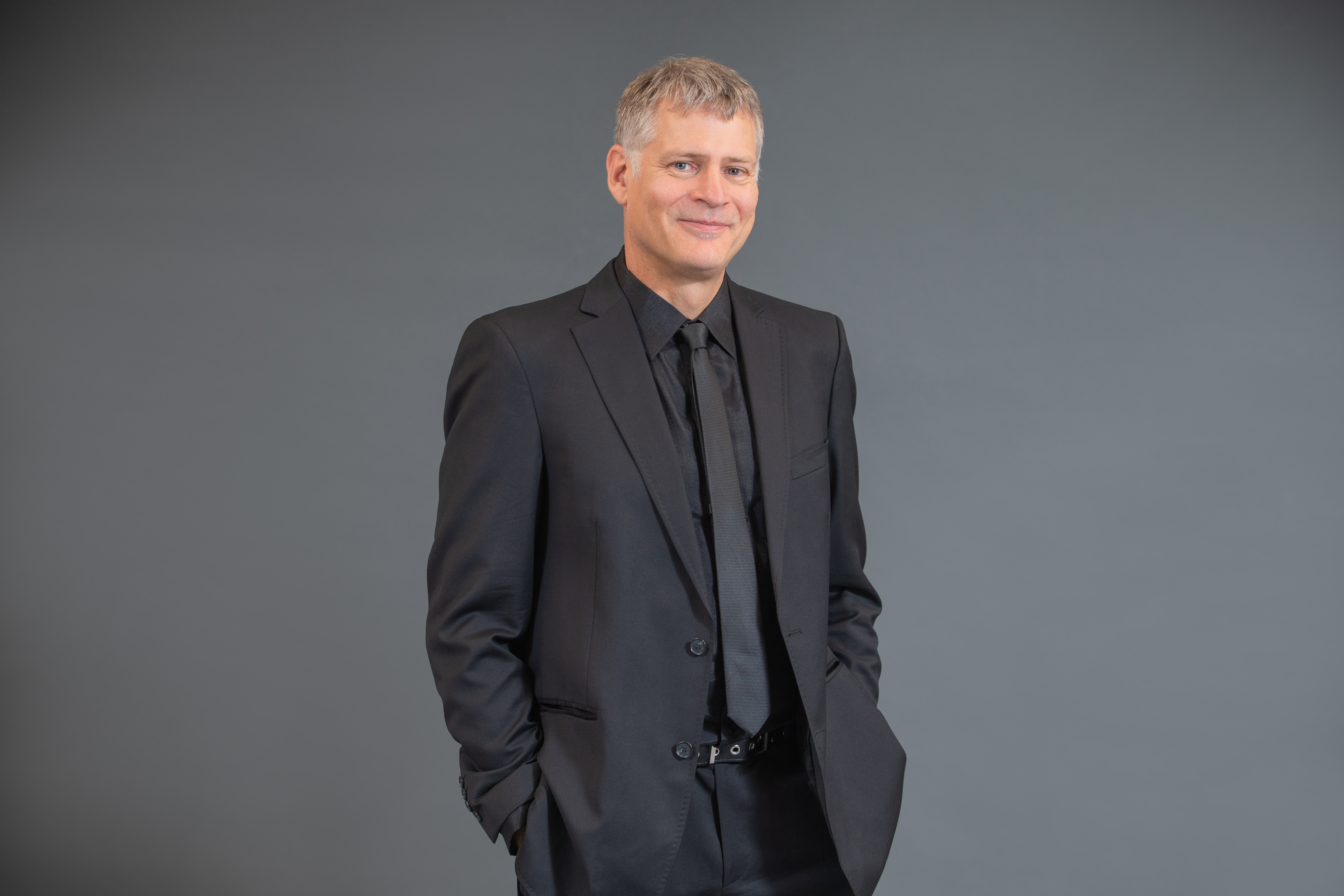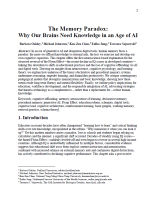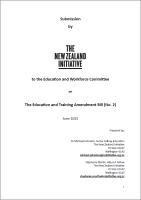Govt fiscal constraints are the elephant in the pay equity room
The way the government went about rolling back 33 pay equity claims lodged under the last government’s Pay Equity legislation was clumsy at best. The changes were made under urgency and applied retrospectively. Read more










